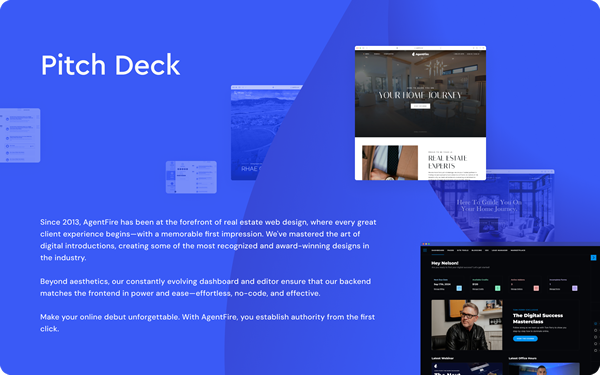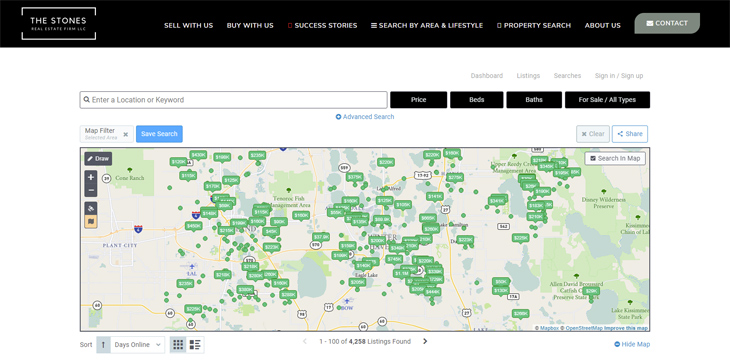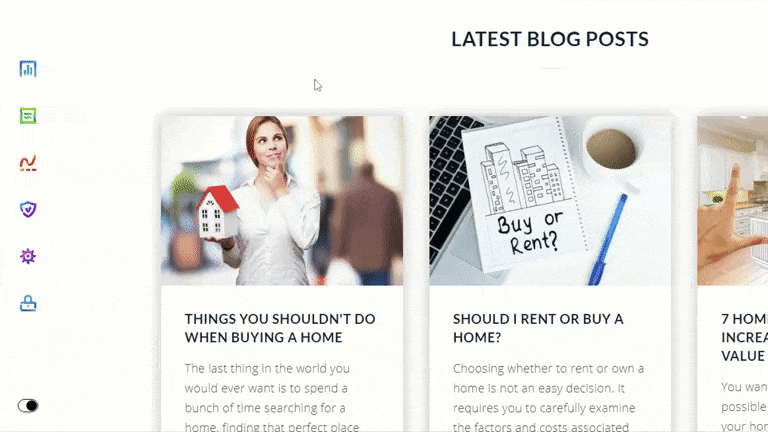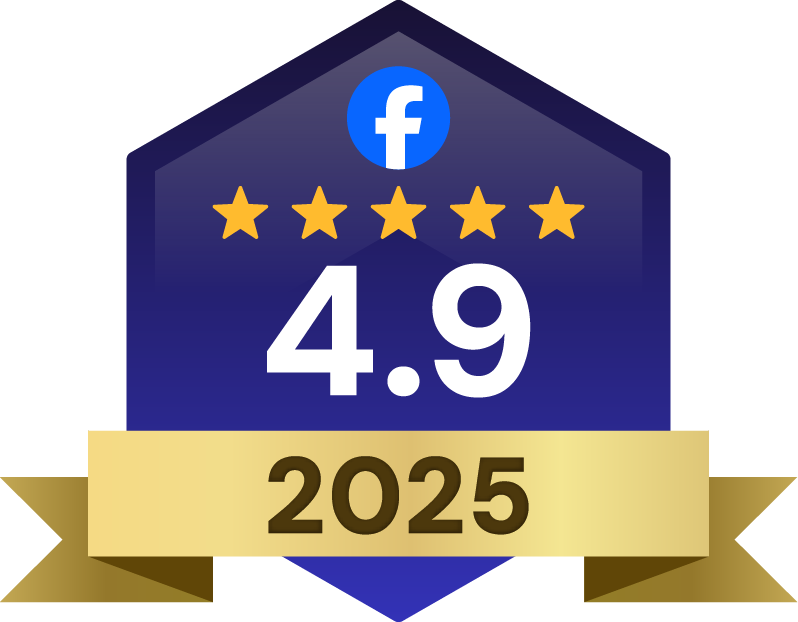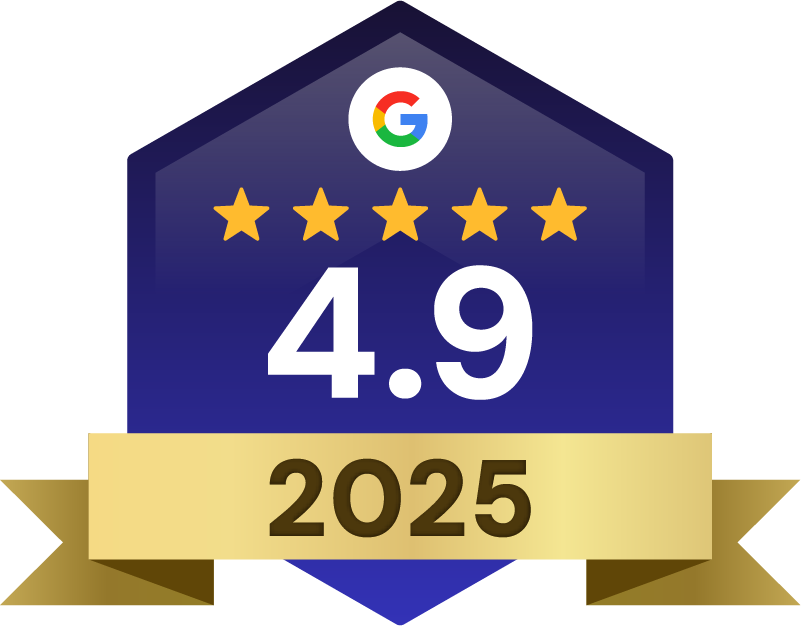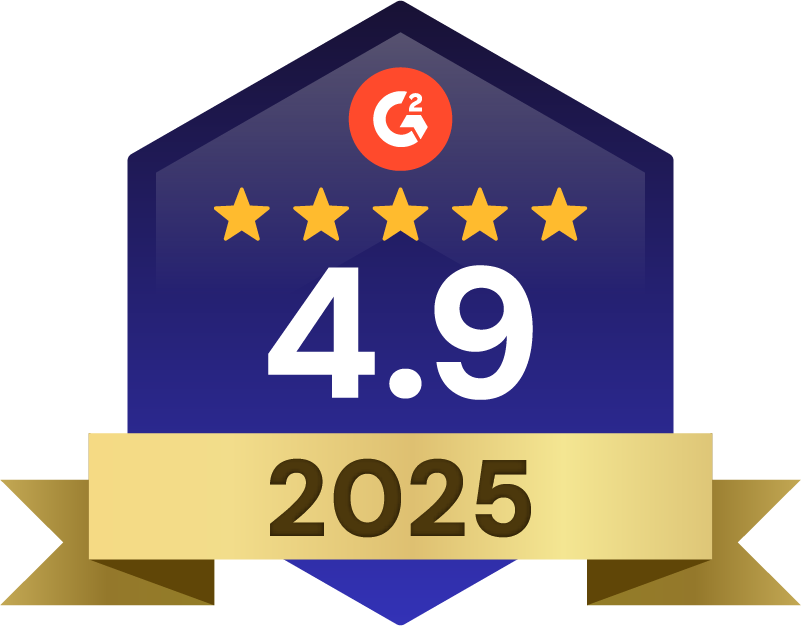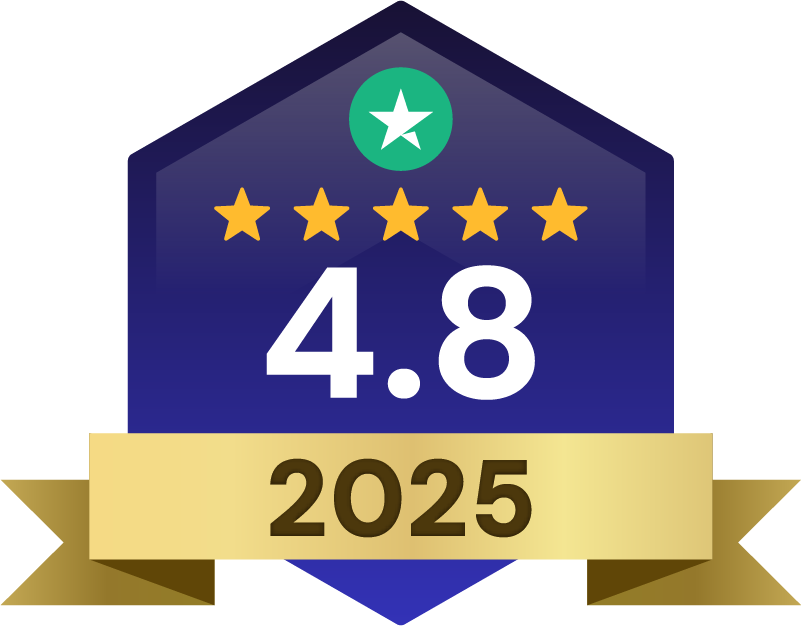The IDX is a system of rules, tools, and software regulated by the NAR allowing real estate agents to display MLS listings directly on their websites.
Branding & Design New Agents
Every day, countless buyers start their home search online months before reaching out to an agent. In fact, 97% of homebuyers used the internet in their home search. They explore neighborhoods, compare prices, and save their favorite listings – all from their phones and laptops. If you’re in real estate, your website needs to make this easy for them.
IDX, or the Internet Data Exchange, lets you display MLS listings right on your website, giving buyers the seamless search experience they expect while helping you connect with them earlier in their journey. Here’s what you need to know about IDX and how it works.
What is IDX in Real Estate?
IDX stands for Internet Data Exchange — it’s a system of rules, tools, and software regulated by the National Association of Realtors (NAR) that allows real estate agents and brokers to display MLS (Multiple Listing Service) property listings directly on their websites, giving buyers an easy way to search for properties.
For buyers, this means they can browse homes for sale based on filters like price, location, and size—all without leaving your site. For agents, IDX provides an easy way to attract leads, engage prospects, and keep them on your website longer. It’s a win-win for everyone involved.

IDX vs. MLS: What’s the Difference?
If you’re new to real estate, you might wonder: “What’s the difference between IDX and MLS?” Let’s clarify:
-
MLS (Multiple Listing Service): The MLS is a private database where real estate agents and brokers list properties for sale. It’s a shared system that allows professionals to access and share detailed property information, like photos, pricing, and descriptions, with other members of the MLS.
-
IDX (Internet Data Exchange): IDX is the technology that takes MLS data and makes it accessible to the public via your website. Without IDX, buyers wouldn’t be able to see MLS listings online unless they were working directly with an agent.
Think of the MLS as the “source of truth” for property listings, and IDX as the tool that lets you showcase those listings to buyers on your own website. While MLS is strictly used by agents and brokers, IDX brings the data to consumers in a user-friendly way.
Why Was IDX Created?
Before IDX, real estate agents shared listings the old-fashioned way—on paper or through in-person meetings at local offices. As technology advanced, these systems moved online, eventually evolving into the MLS database we know today.
But here’s the problem: In the early days of the internet, only large brokerages with deep pockets could afford to display MLS listings on their websites. Smaller agents and brokerages were left behind because creating custom solutions was too expensive.
That’s where IDX came in. The NAR created IDX policies in the early 2000s to make MLS data more accessible and affordable for agents of all sizes. As a result, IDX leveled the playing field, standardizing how MLS listings could be displayed online and giving every agent a chance to compete in the digital space.

How IDX Works (and Key Benefits)
When you add IDX to your website, it connects to your local MLS database and pulls in real-time property listings. The listings are then displayed in a searchable format on your site, allowing buyers to easily find homes that meet their needs. IDX gives your real estate business the following advantages:
- Your Website Becomes a One-Stop Shop: Buyers can search for homes, view photos, and filter listings directly on your website, eliminating the need for them to visit third-party platforms.
- Builds Trust and Credibility: Having MLS listings on your site shows buyers that you’re a knowledgeable and reliable professional.
- Keeps Buyers Engaged Longer: IDX offers advanced search features that make it easy for buyers to explore listings, save favorites, and return to your site.
- Improves SEO: When implemented correctly, IDX creates individual pages for each listing, boosting your site’s visibility in search engine results.

IDX Integration vs. Listing Portals
A common question agents often ask is, “Why do I need IDX if buyers can just use Zillow?” While Zillow and Trulia are popular platforms, they don’t always provide the best experience for buyers—and they certainly don’t help you as an agent.
- Outdated Information: Zillow and Trulia often display listings that are no longer available because they don’t pull directly from MLS databases.
- Privacy Concerns: These platforms collect buyer data and sell it to other agents as “leads,” which can feel intrusive to your clients.
- Lack of Personalization: Unlike IDX-enabled websites, Zillow and Trulia don’t offer a hyperlocal, personalized experience tailored to your market.
With IDX, your website becomes a trusted resource for accurate, real-time listings. You maintain control over your leads, and buyers get a more private, tailored experience.
Best Practices for Using IDX on Your Website
To get the most out of IDX, here are a few tips:
- Build Strategic Search Filters: Go beyond basic price and location. Add filters that matter in your market – whether that’s waterfront properties, specific school districts, or minimum acreage. Make it easy for buyers to find exactly what they’re looking for without scrolling through irrelevant listings.
- Create Custom Market Pages: Develop dedicated pages for your most popular neighborhoods and property types. Include local market stats, recent sales data, and area highlights. For example, if you specialize in downtown condos, create a specific search experience with relevant filters and content for that buyer.
- Set Up Smart Lead Capture: Place lead forms strategically – like before saving searches or viewing property details. But offer real value in exchange, such as instant market reports or neighborhood guides. This builds trust while growing your contact list.
- Monitor and Adapt: Use analytics to track which listings and search features get the most engagement. Pay attention to common search patterns and adjust your filters and content accordingly. This data helps you understand what buyers in your market really want.
The key is to make your IDX implementation work harder than just displaying listings. Each feature should either make the search process easier for buyers or help you capture and nurture leads more effectively.
The Bottom Line
Simply put, an IDX website transforms your online presence into a lead-generating, credibility-building machine. If you’re serious about growing your real estate business, IDX is the tool that makes it happen. It’s not just about having a website—it’s about having the right website.
Want to include IDX property searches directly on your website? Book a demo today with AgentFire to get started.

